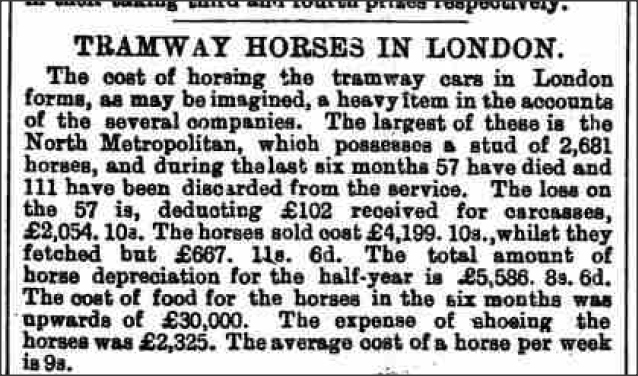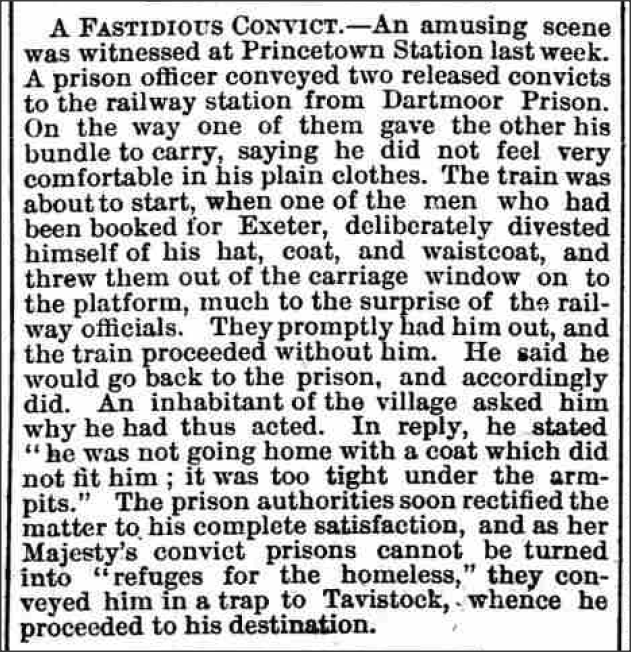In the course of doing historic research I generally find I can usually detach myself even from the most appalling events and situations frequently reported over the centuries. It’s only when a direct blood relative suddenly appears in the Victorian news that I get a feeling of genuine sadness.
This story is particularly tragic as it involves Luther Robert Waugh my 14-year-old great grand uncle (brother of my great grandfather) who was killed in a colliery accident in the village of Bitton, Gloucestershire in 1885.
The inquest quite naturally does not in any way refer to the appalling conditions that lads had to work in the mines in those days. There was no health and safety regulations as such and any reference to safety is hardly reported. Indeed at one point reading this report you would almost think that the fault of the accident was that of Luther himself or the other lad who was working with him. It makes very sad reading especially as the poor boy was only 14.
 The Western Daily Press – Thursday 17 December 1885 reported the following:
The Western Daily Press – Thursday 17 December 1885 reported the following:
Singular colliery accident at Bitton.
Yesterday afternoon Dr E. M. Grace held an inquest at the Crown and Horseshoe, Oldland Common, as to the death of Luther Robert Waugh, 14, which took place under a rather singular circumstances in the Golden Valley Colliery. Mr Donald Bain, assistant inspector of mines for the South Wales district, was present during the enquiry.
Evidence was given by Thomas Hayman, a boy employed with the deceased, and Harry Brewer, a collier, and from their statements it appeared the accident took place under the following circumstances.
Brewer was cutting coal, which was loaded into small trucks by Hayman. It had then to be taken down an incline called “the ladder”, from the across pieces of wood which enabled safe footing to be obtained in ascending or descending it. The trucks were supported on runners and it was the duty of the deceased, assisted in parts of the road by Hayman, to take these little vehicles down the ladder. The declivity was sufficient in places to make the truck run down without pulling, and it had then simply to be steadied and prevented going too fast by the deceased. At other parts it had to be pulled, and for this purpose a chain was attached to it, and the deceased held one end.
The deceased always went in front of the truck. The truck having been taken to its destination and emptied had to be returned to Brewer to be refilled. The to and fro journey usually occupied 10 minutes, but on Saturday morning the deceased did not return in the usual times, and Brewer, having waited another five or ten minutes sent Hayman to see what was the matter. Hayman called his companion, but could get no answer, and the poor lad was found in a partially prostrate position with a truck resting upon his breast. He was dead. It was left to conjecture how the accident happened, but witnesses and Mr. Bain agreed in thinking that the deceased was checking the speed of the truck when the chain became slack and the hook end became detached from the trolley and, falling on the ground, caught in one of the crossbars before referred to. The boy having hold of the chain, and being thus sharply pulled up, was knocked down by the descending truck and killed.

It was mentioned that at the point where the accident happened the road was a little flatter in some parts, and Brewer suggested that this being so the deceased might not have been so careful as in other parts to keep the struck under control, thinking he could easily check it if necessary. Mr Bain remarked that even on steeper inclines that the one in question it was the practice for the boy to travel in front of the truck. He regarded the fatality as purely accidental. The coroner and jury concurred, and the verdict accordingly was returned.




